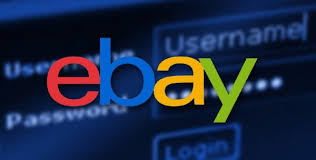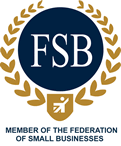Ebay Hacked!
Posted By madadmin on June 2, 2014
On the 21st of May 2014, eBay’s corporate network database was hacked, with all users’ passwords being compromised they had to act quick. eBay states that there has been no evidence submitted that users’ financial information had been accessed by the hackers, however the company is telling all users to change their passwords as soon as possible.
eBay contacted CNET saying that it recently discovered that it was a victim of “a cyber attack on our corporate information network, which compromised a database containing ebay user passwords.” The companies spokesperson Evan Davis told CNET that there is “no evidence that any financial information was accessed or compromised.”
Since the hacking, eBay has posted on their official website www.eBay.co.uk urging people to change their passwords.
The database which eBay said was compromised held eBay customer’s names, encrypted passwords, email addresses, physical addresses, phone numbers and dates of birth records. Despite this, the company states that users financial information was not accessed.







